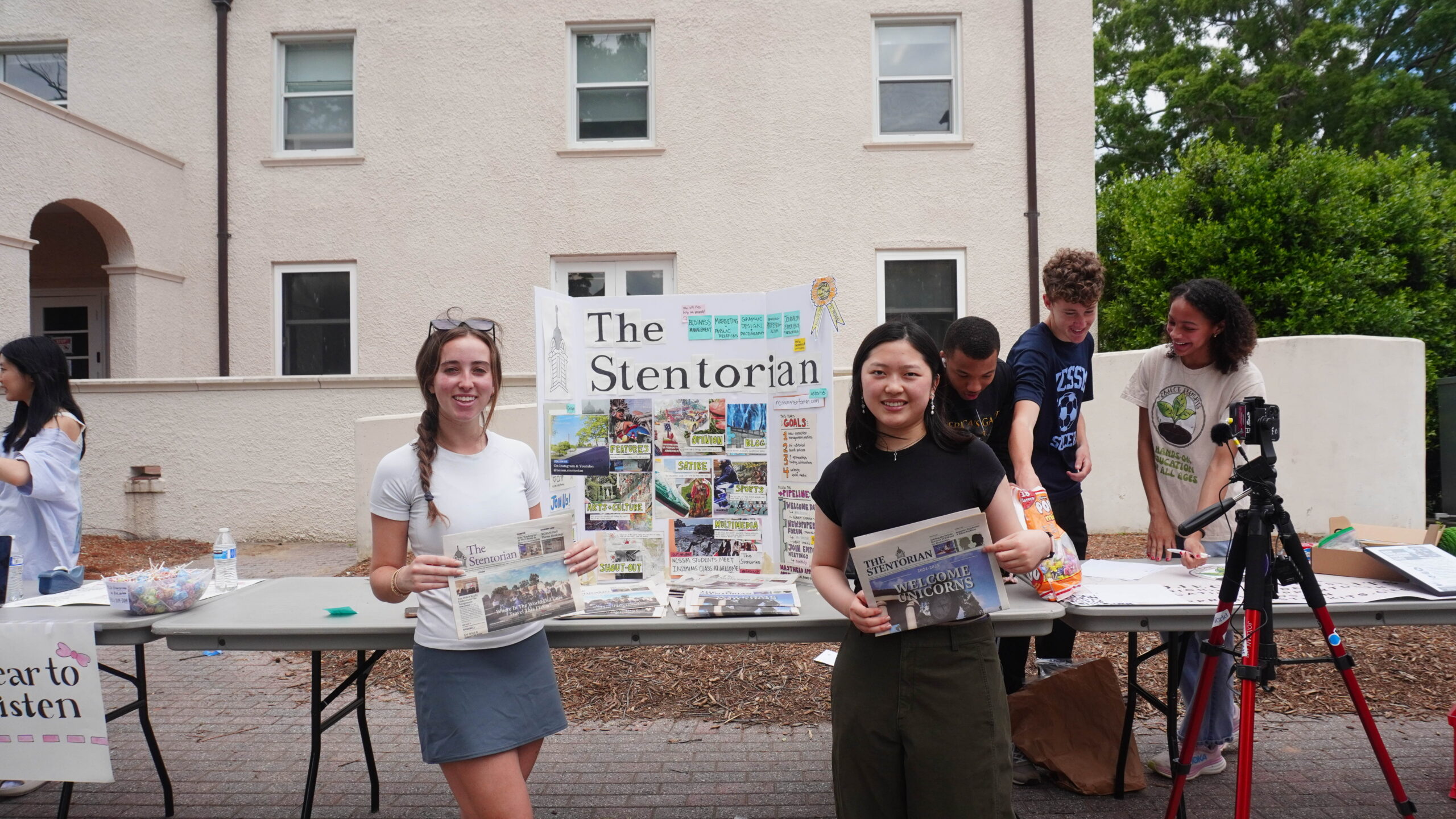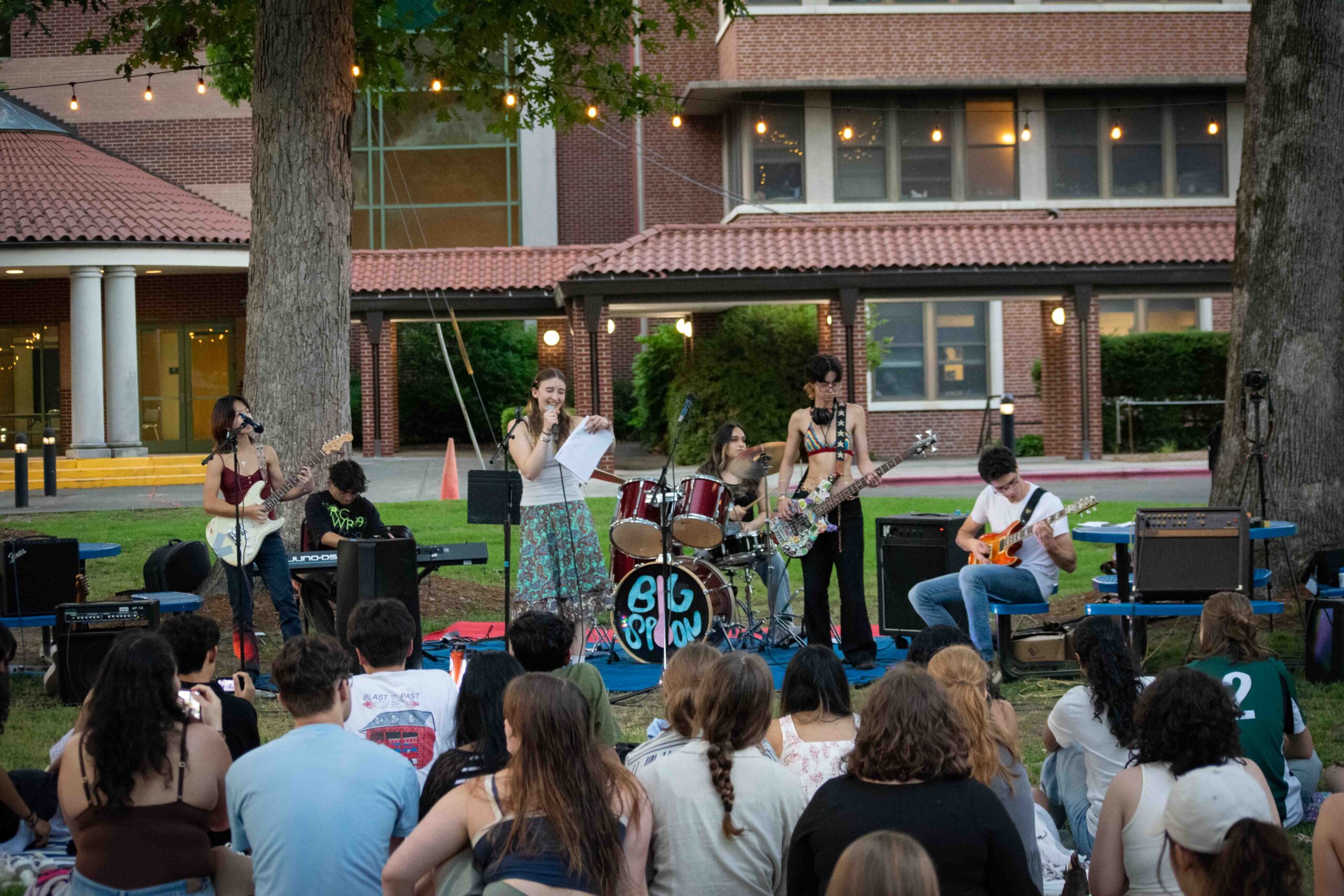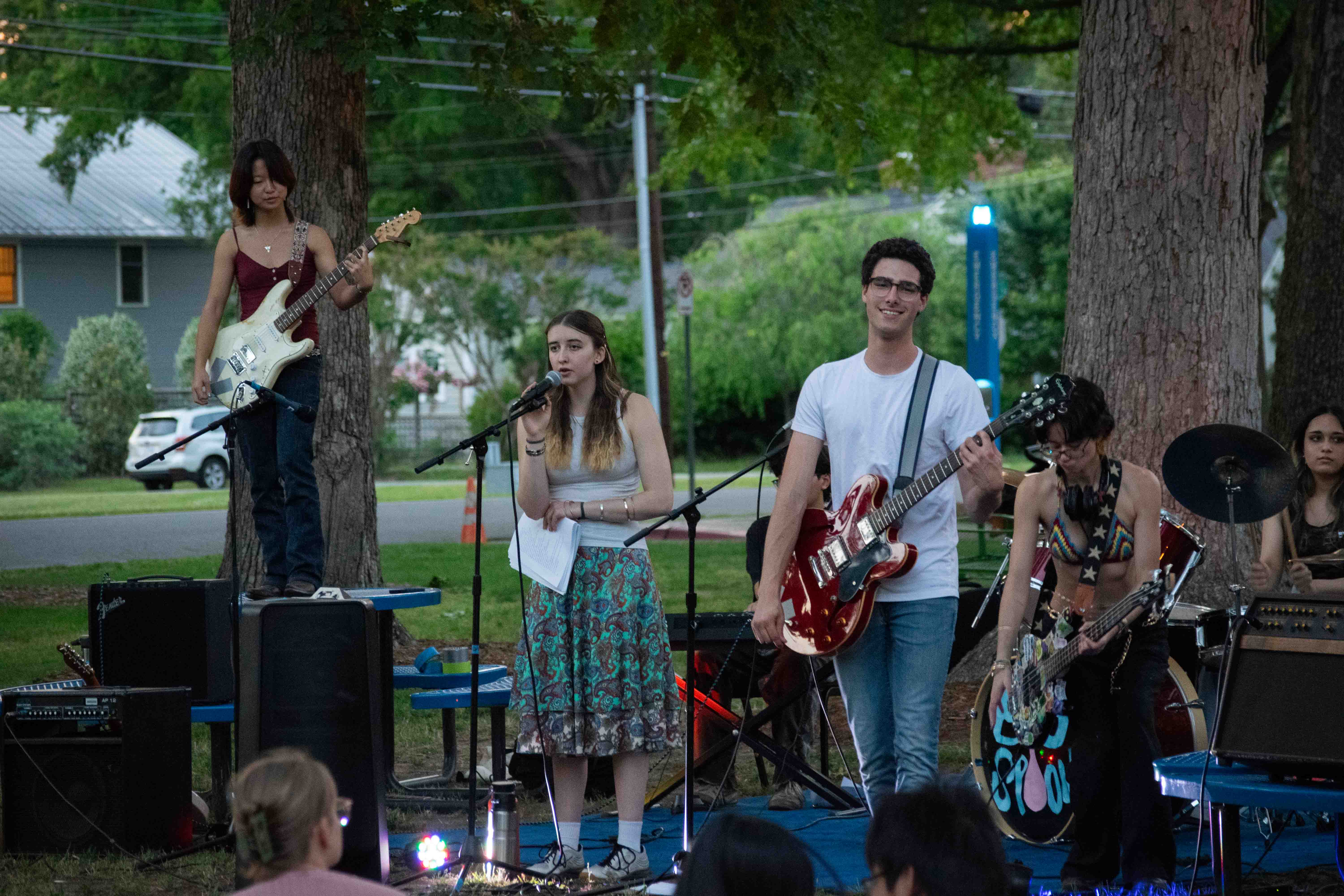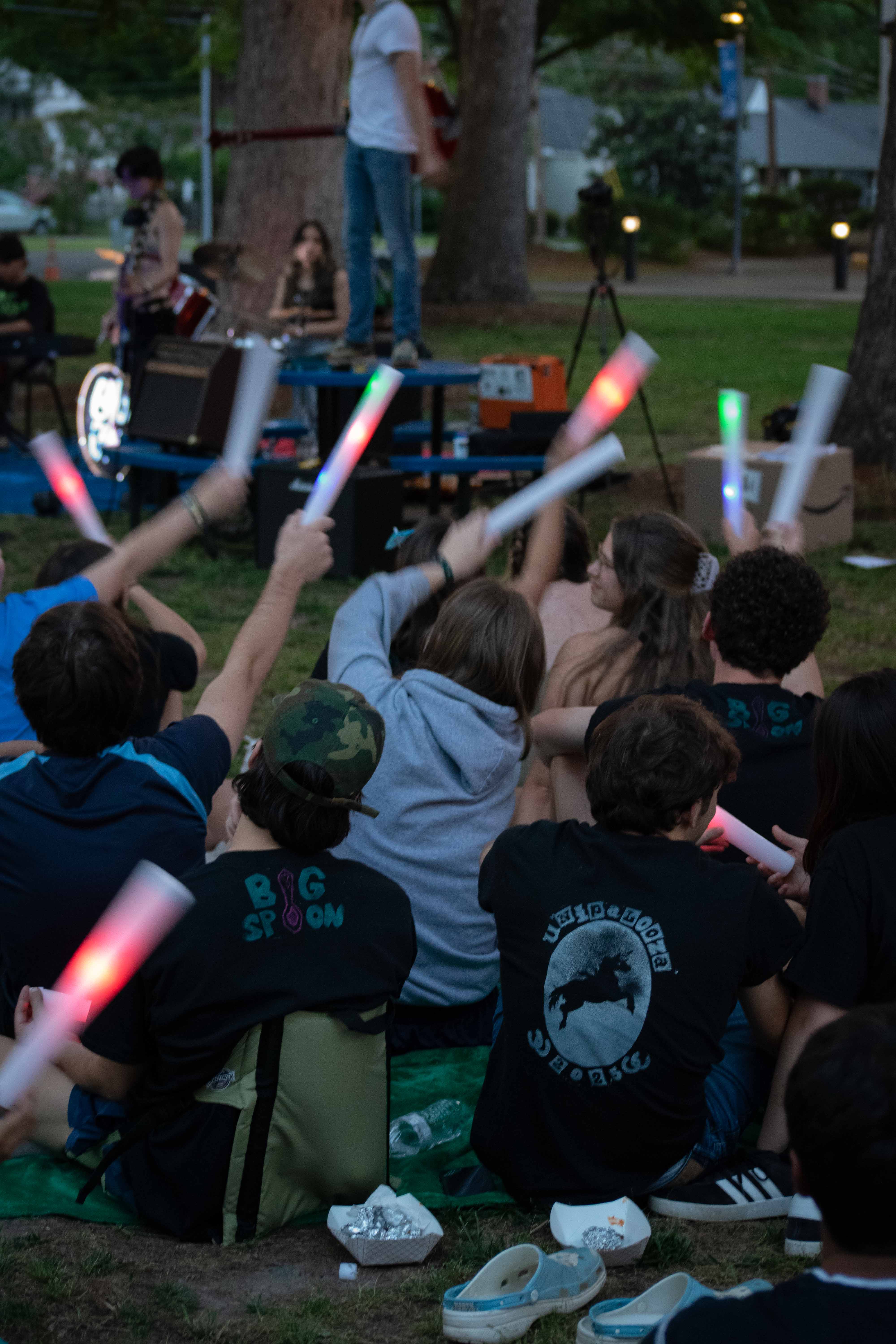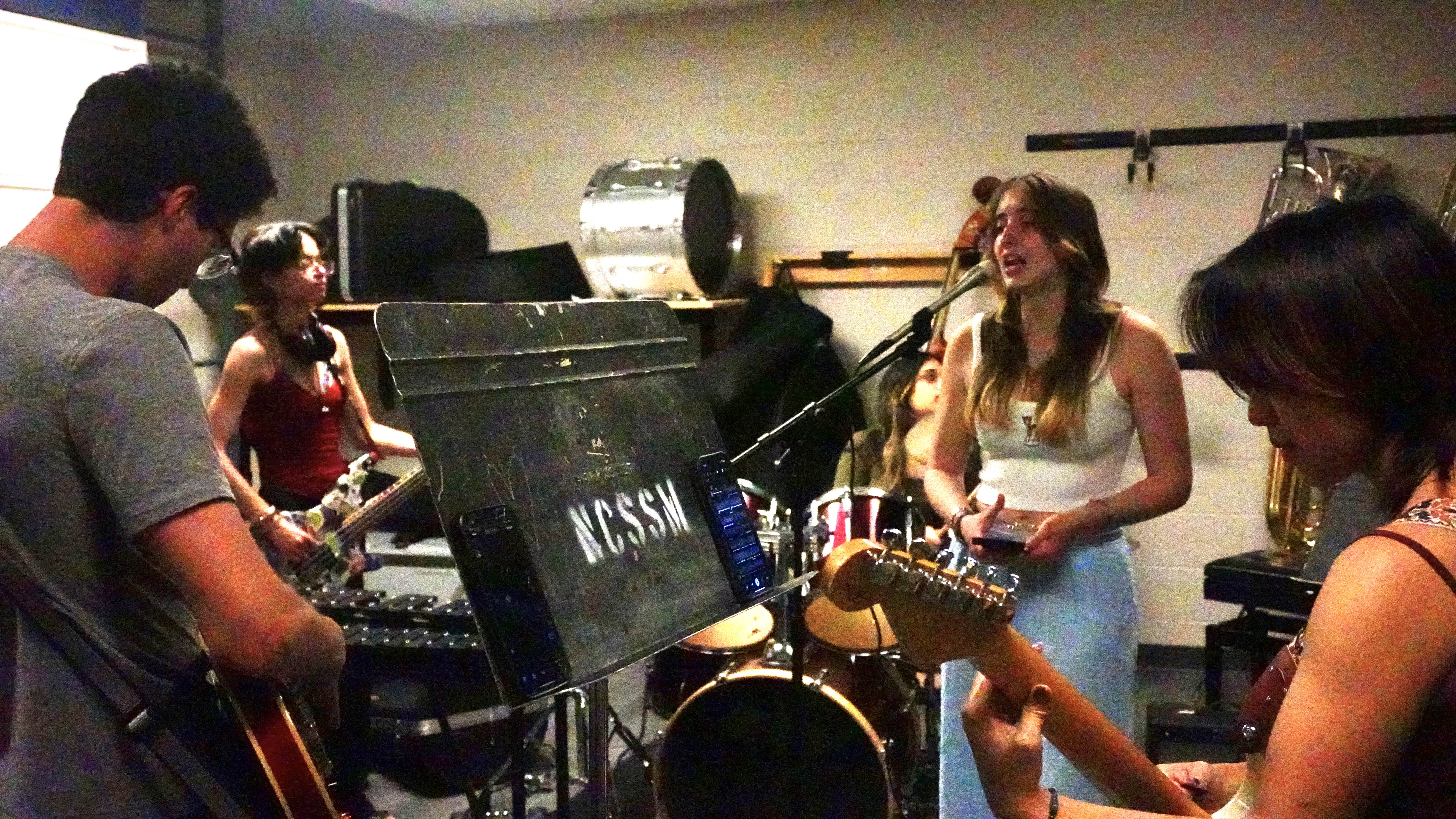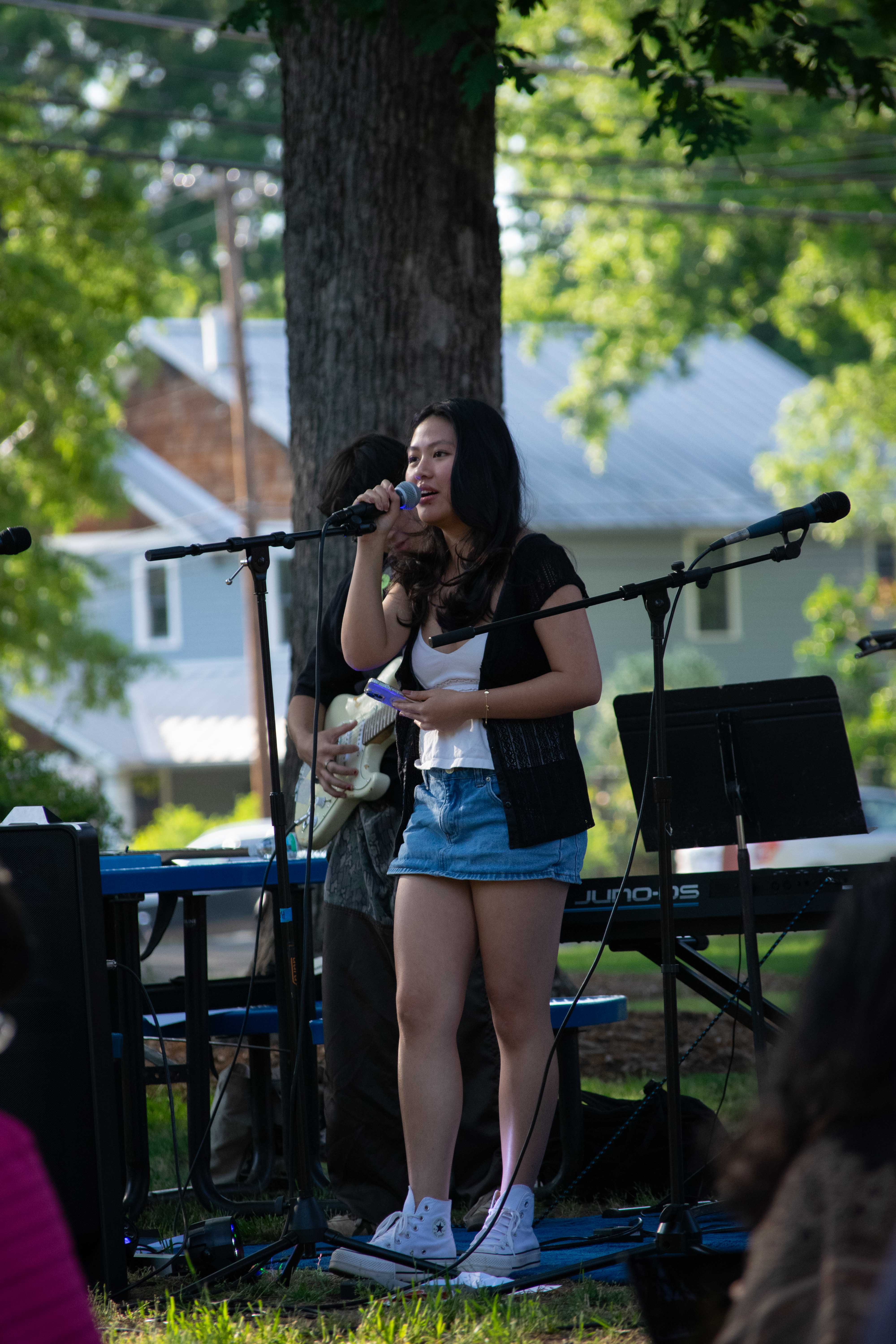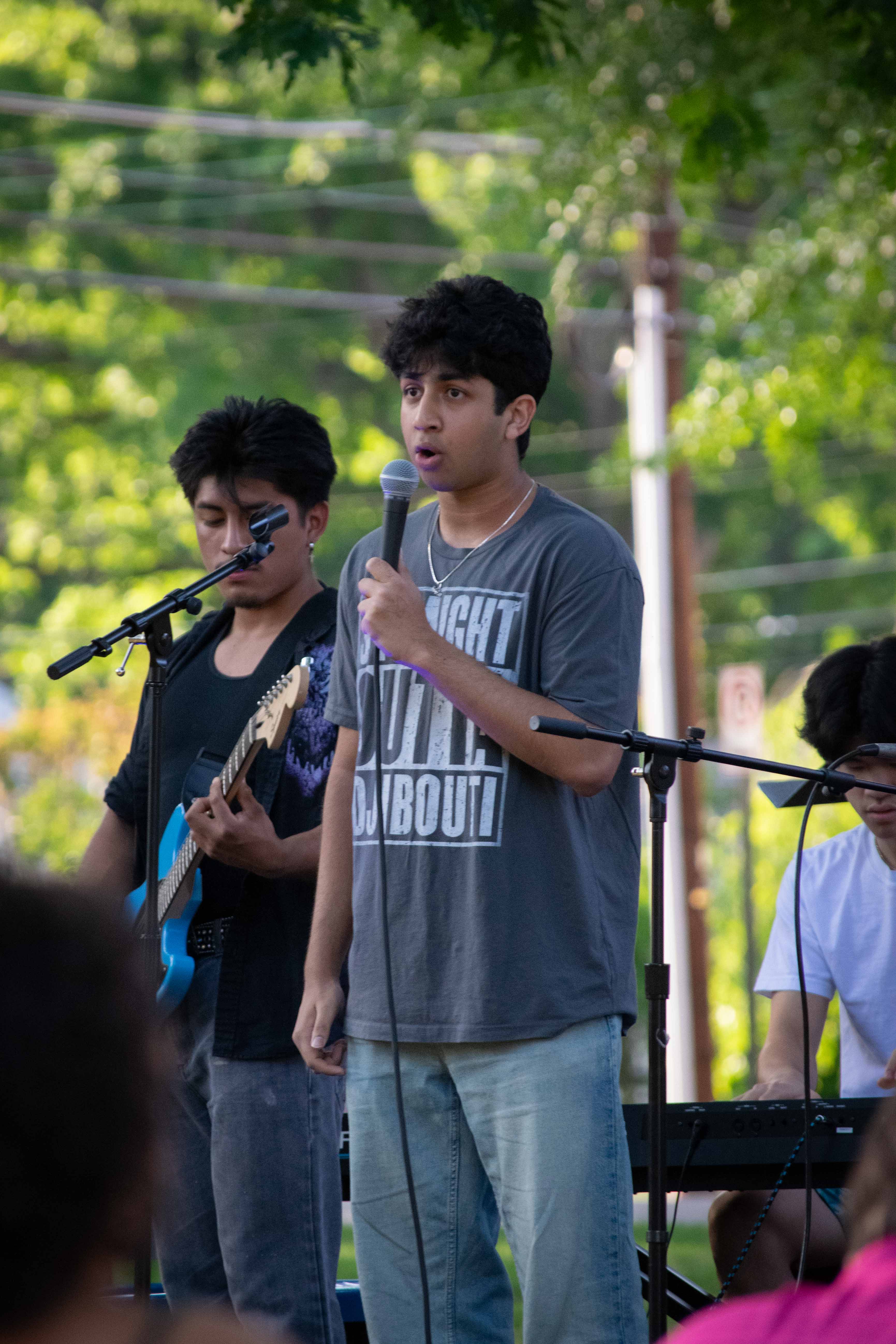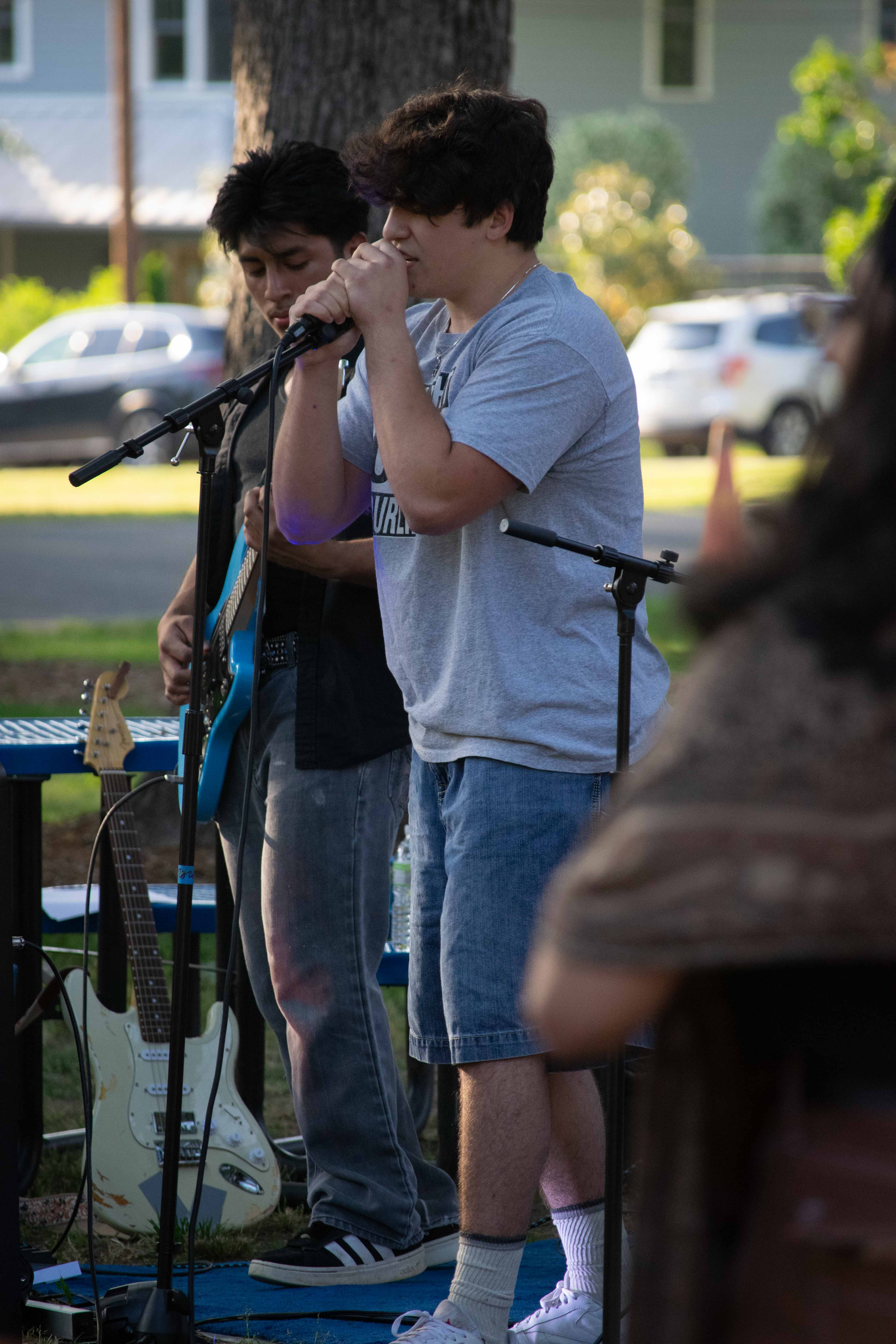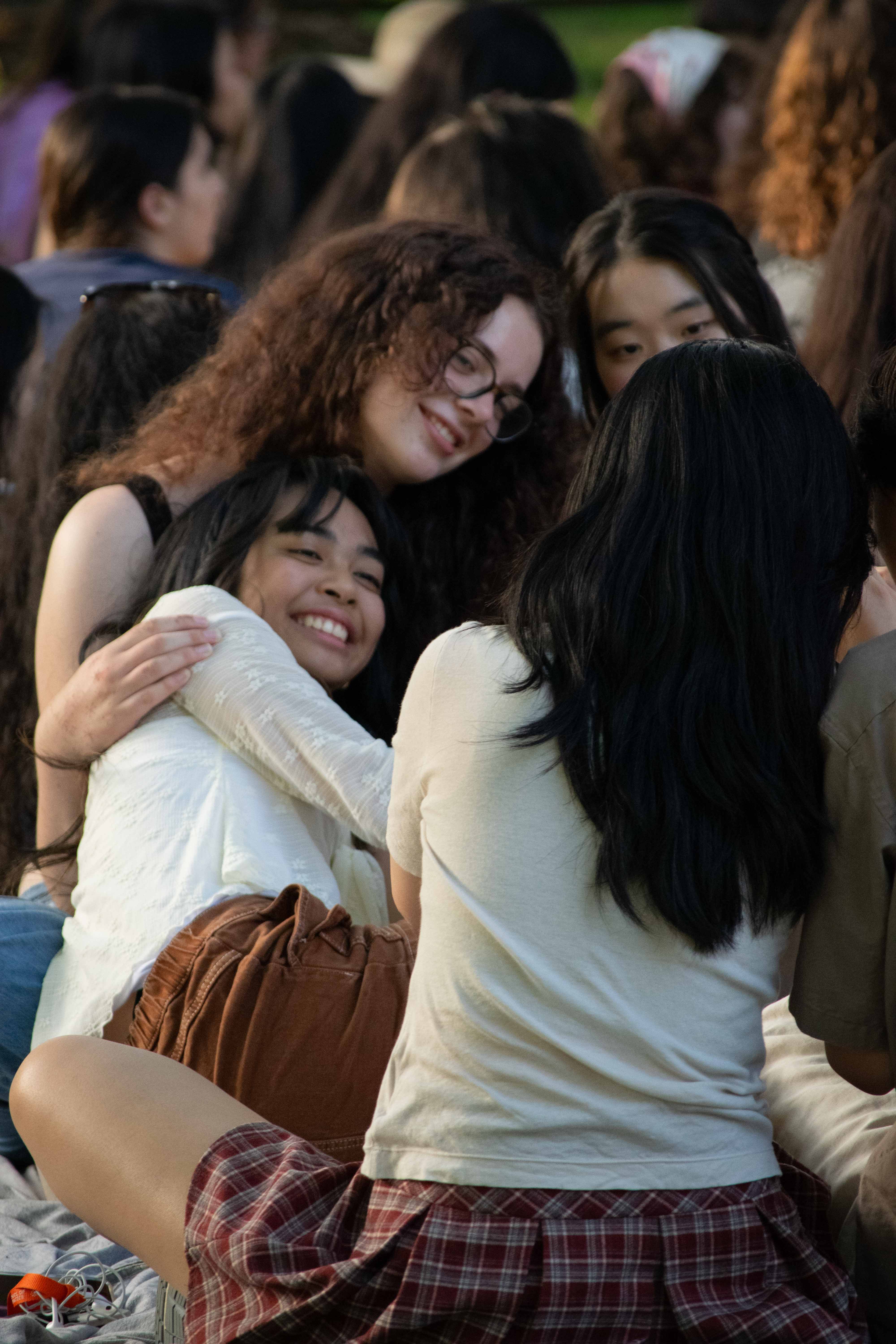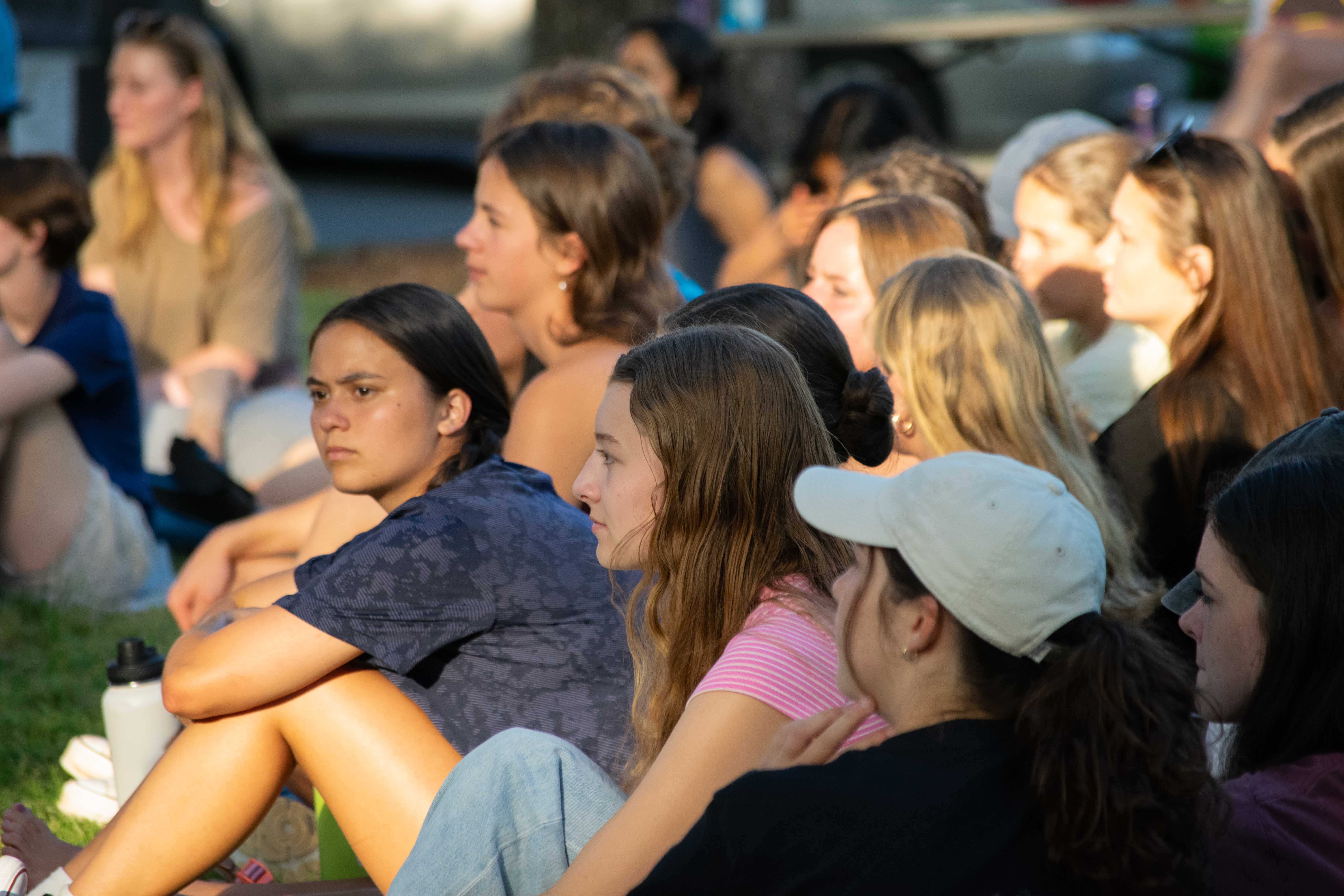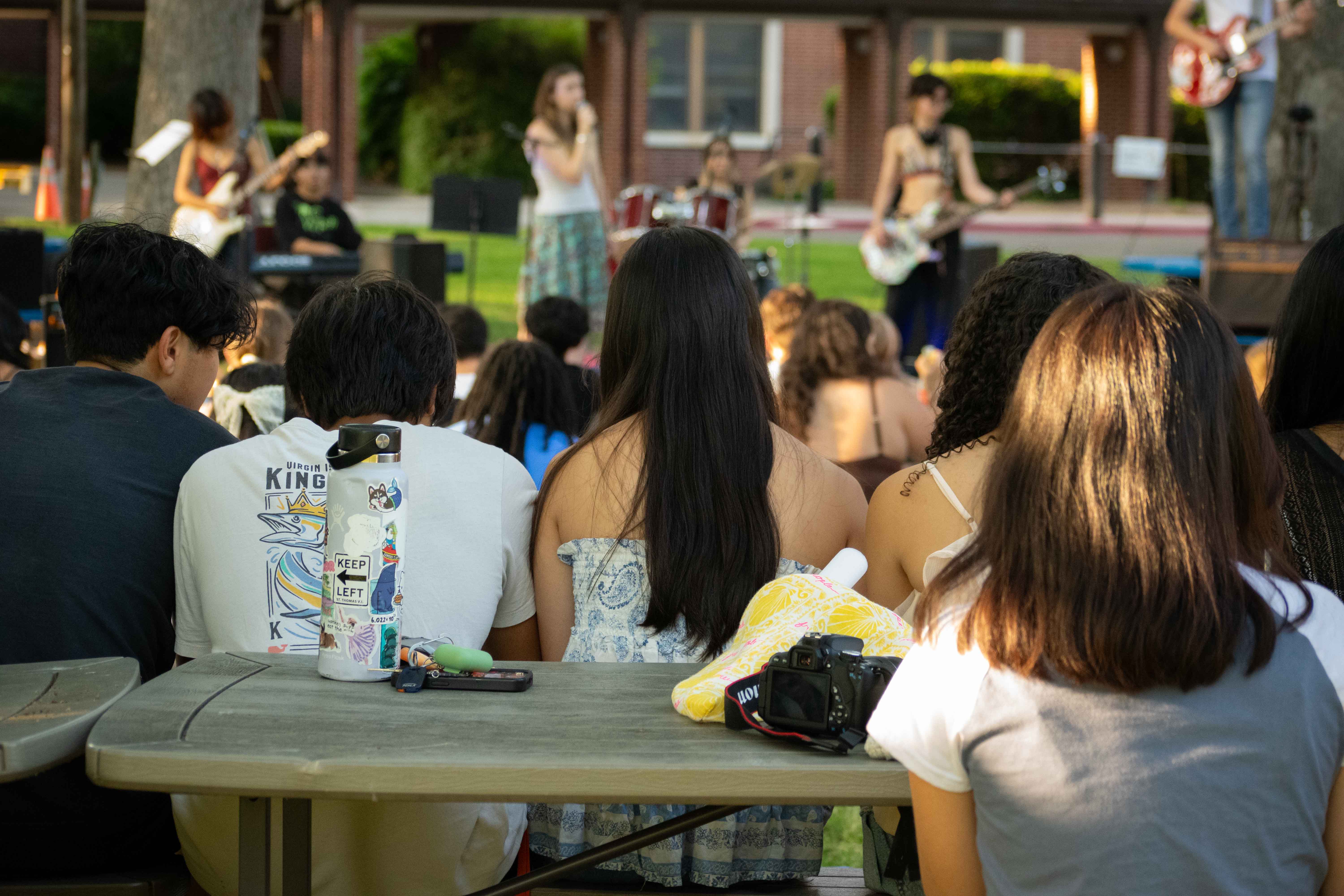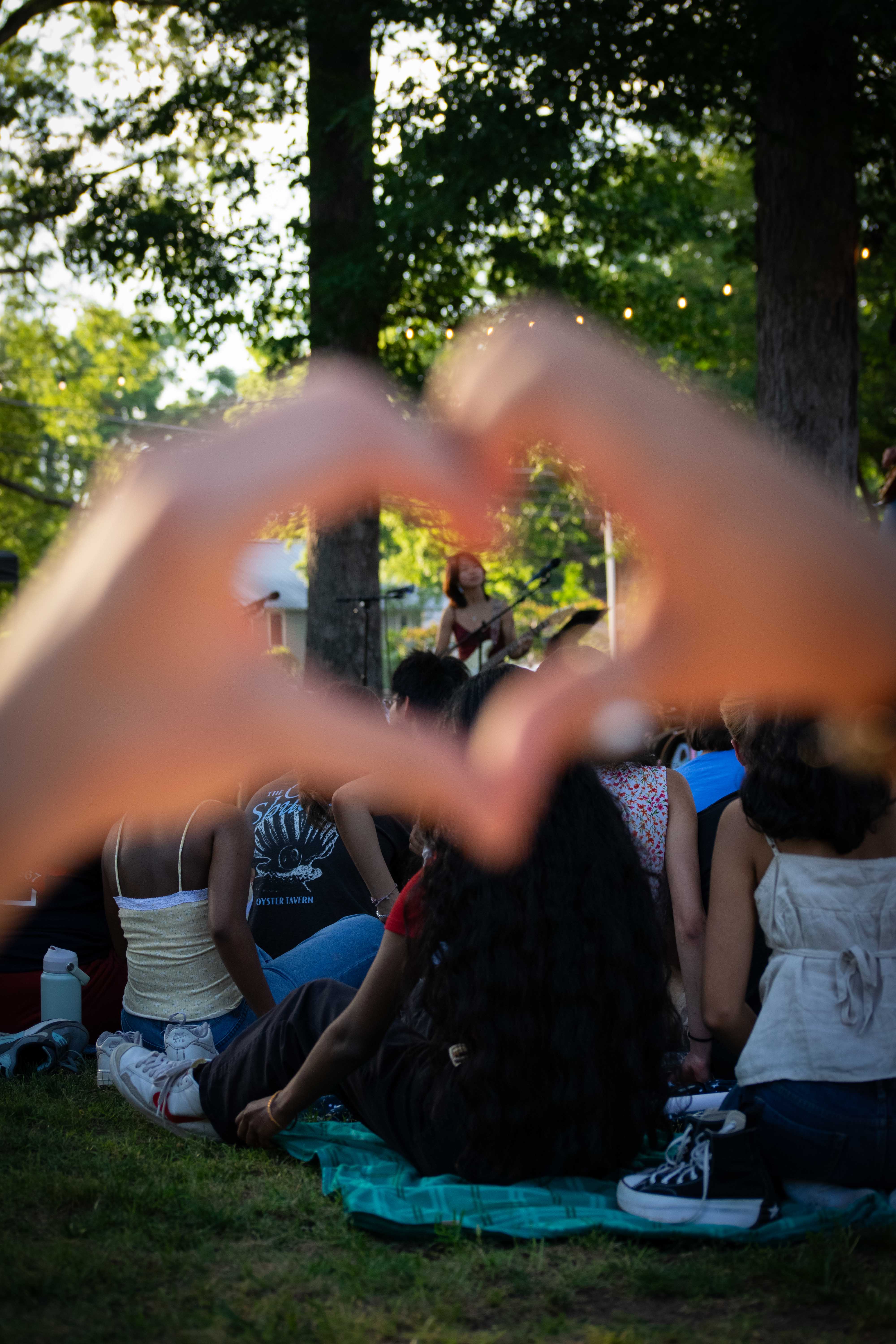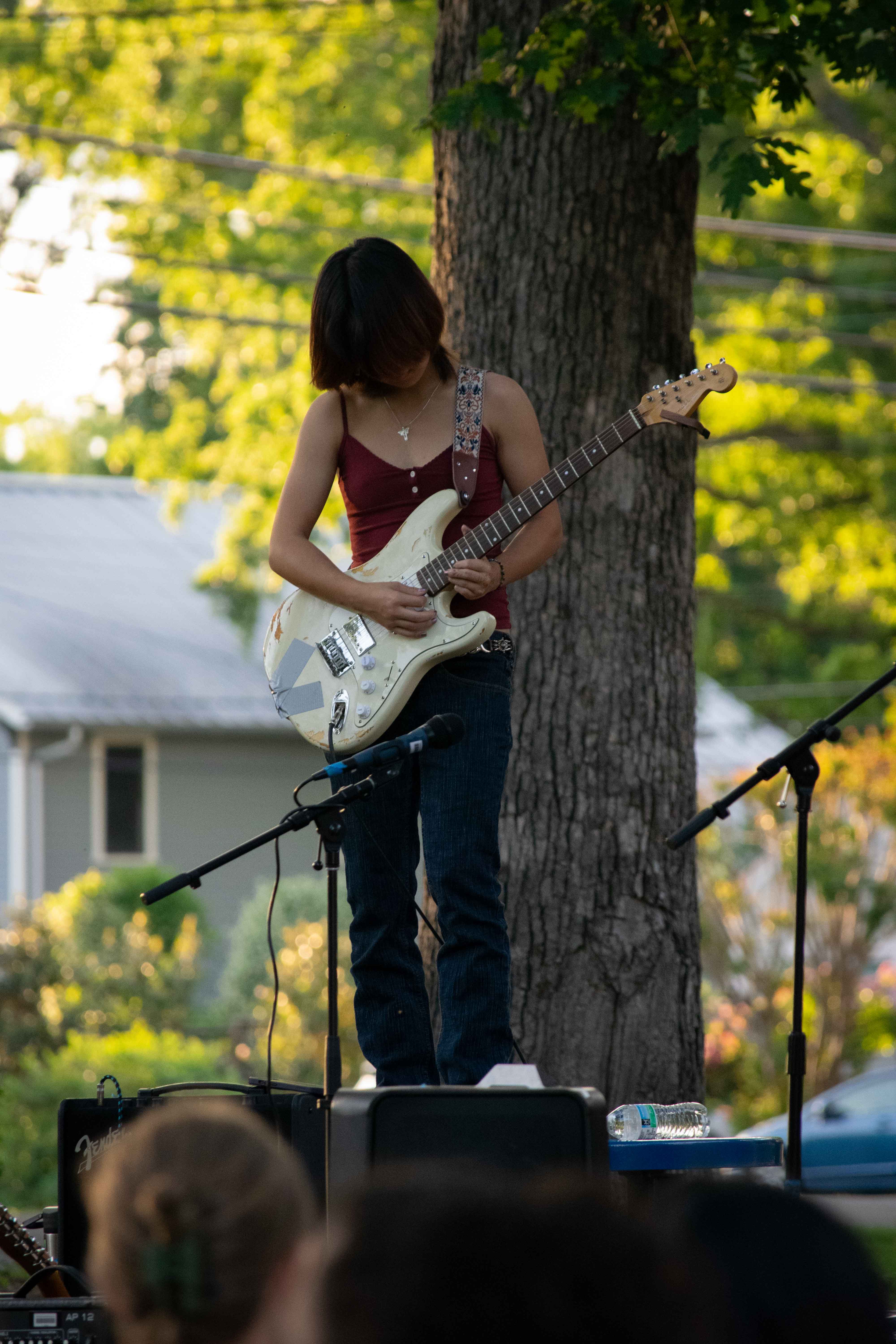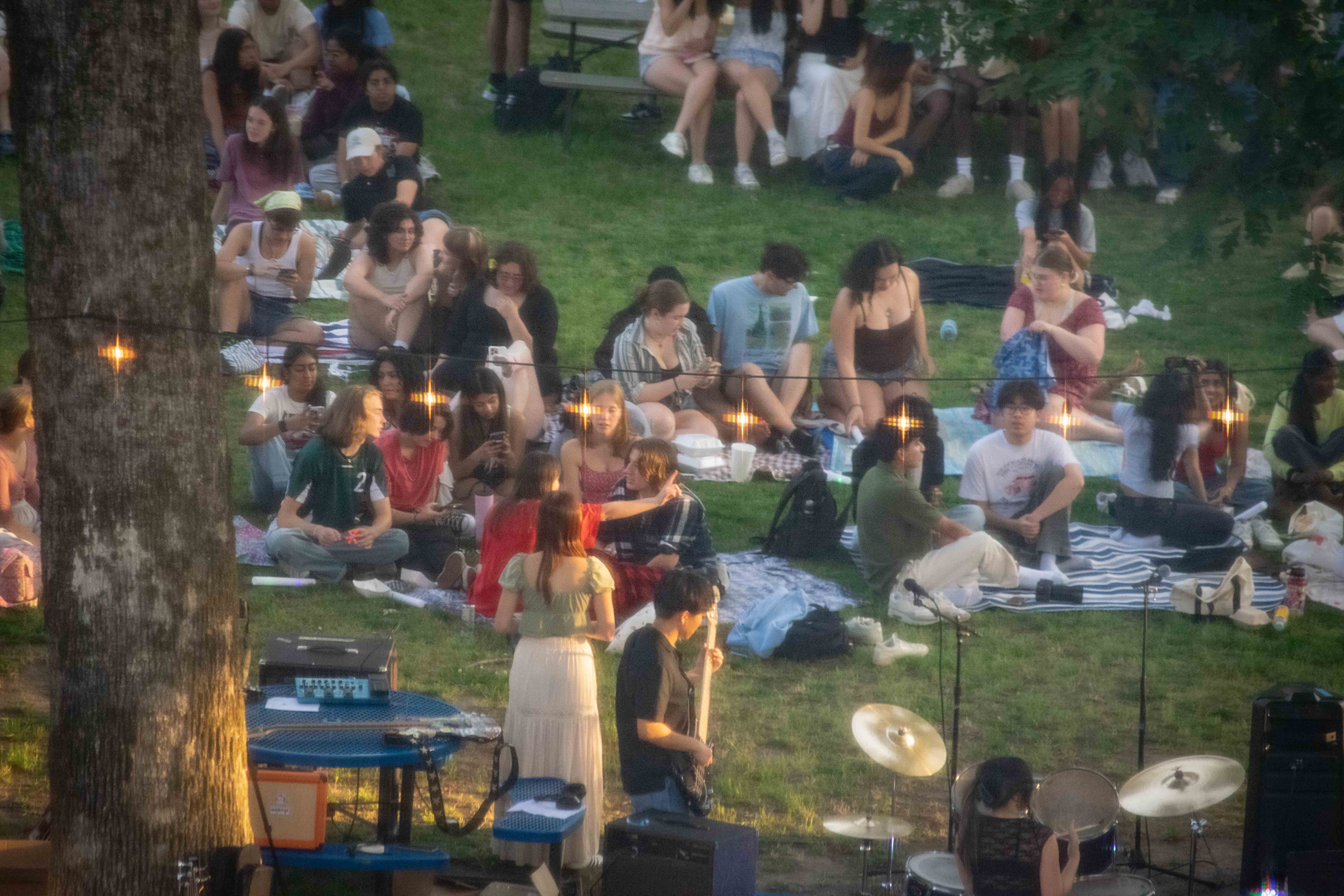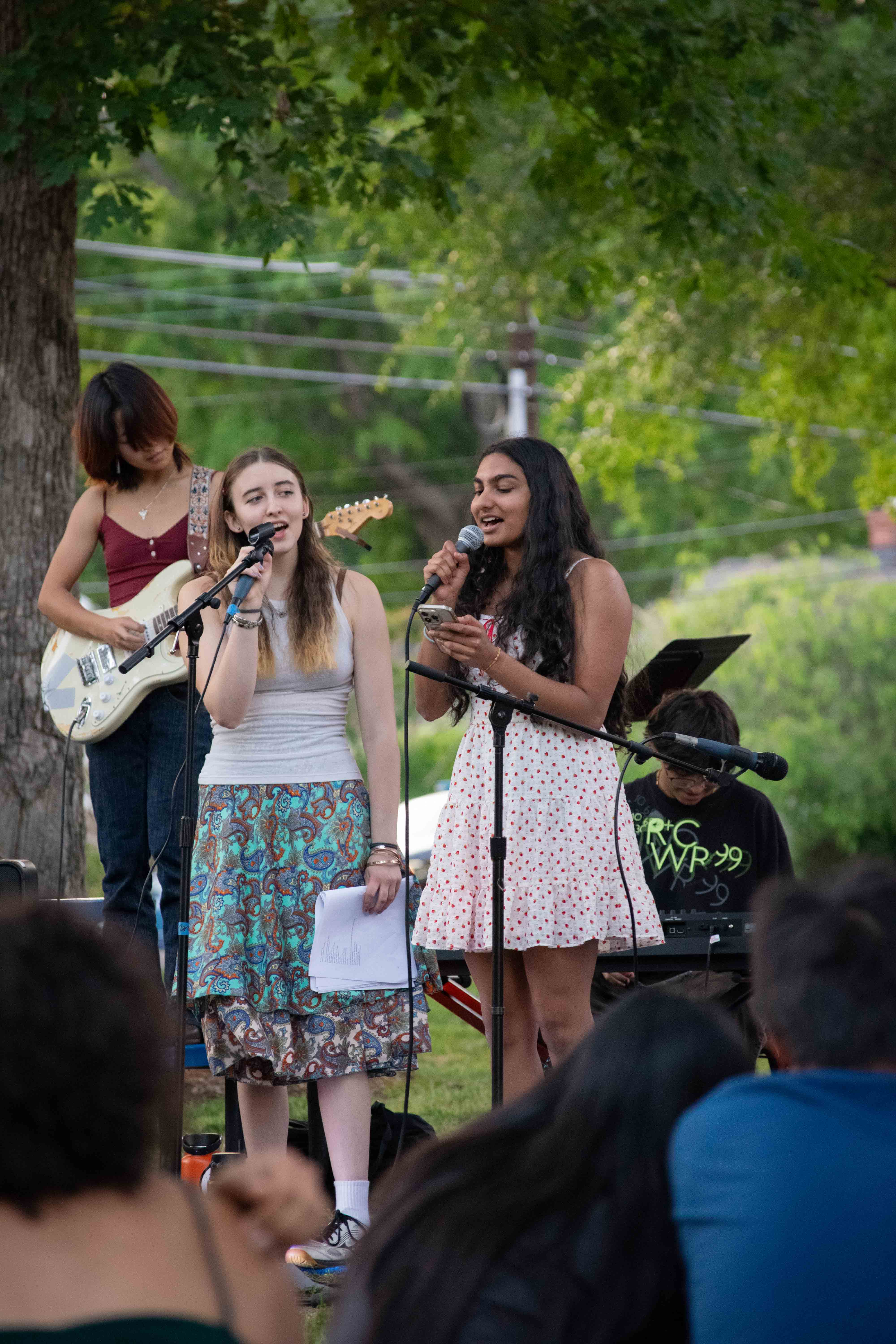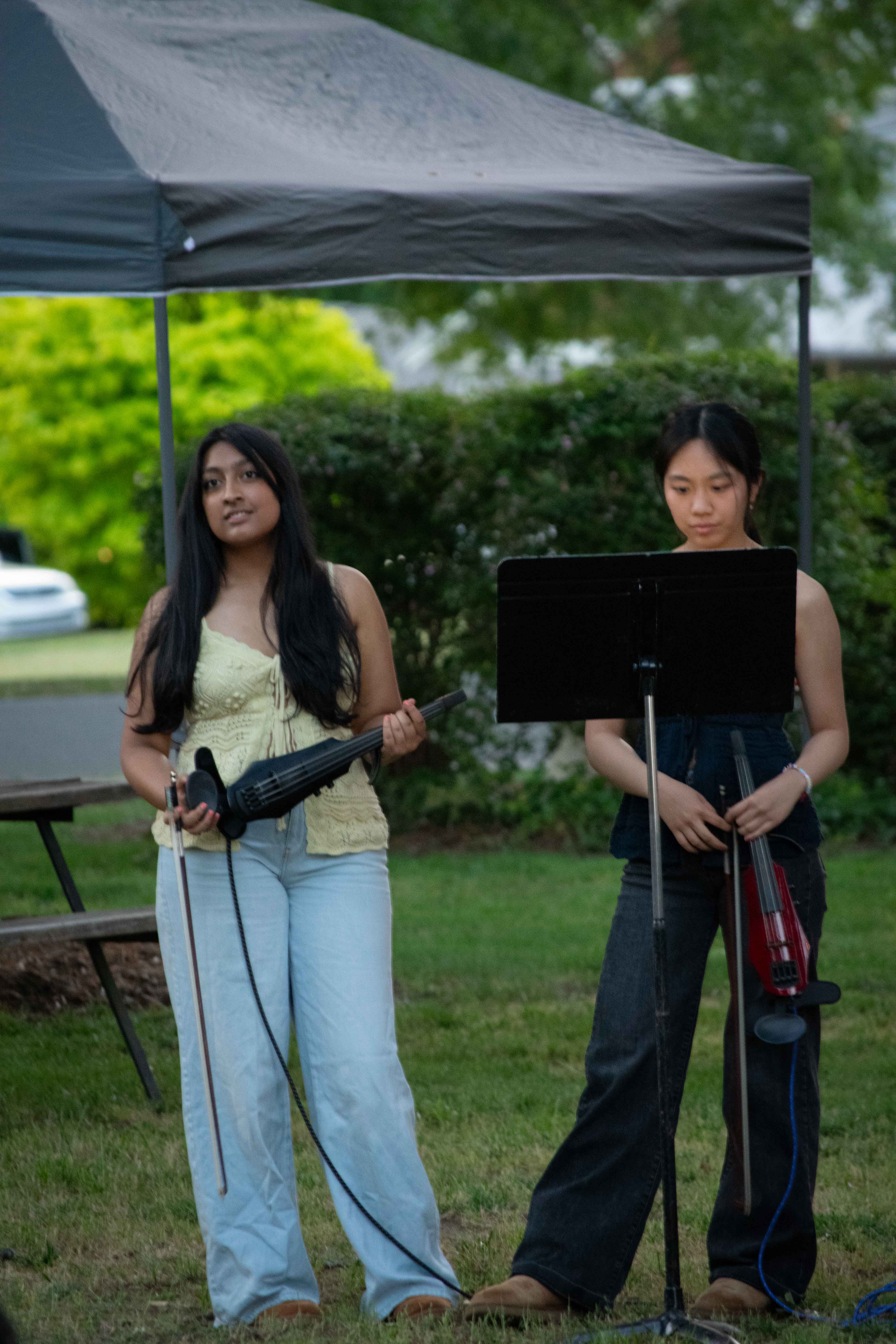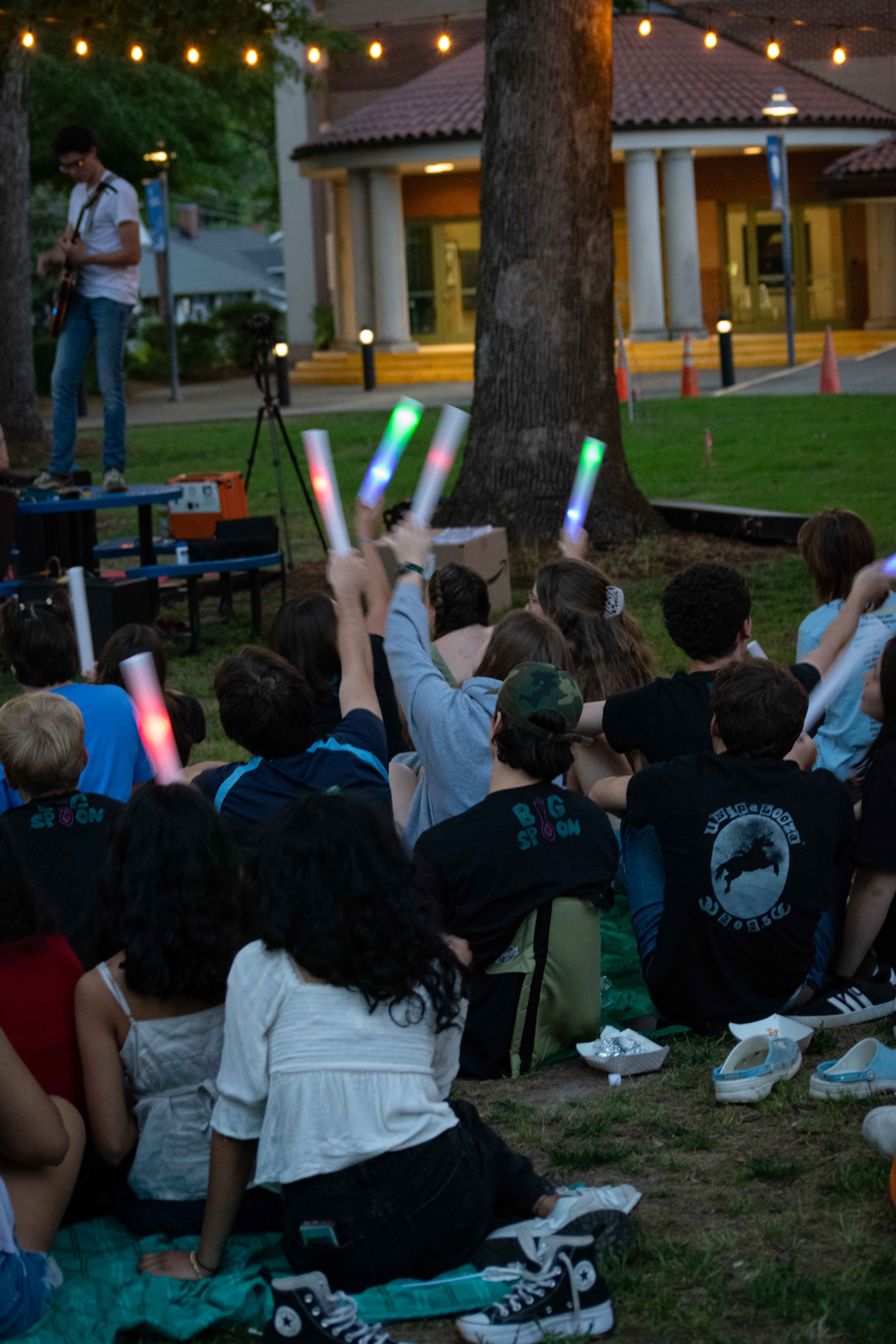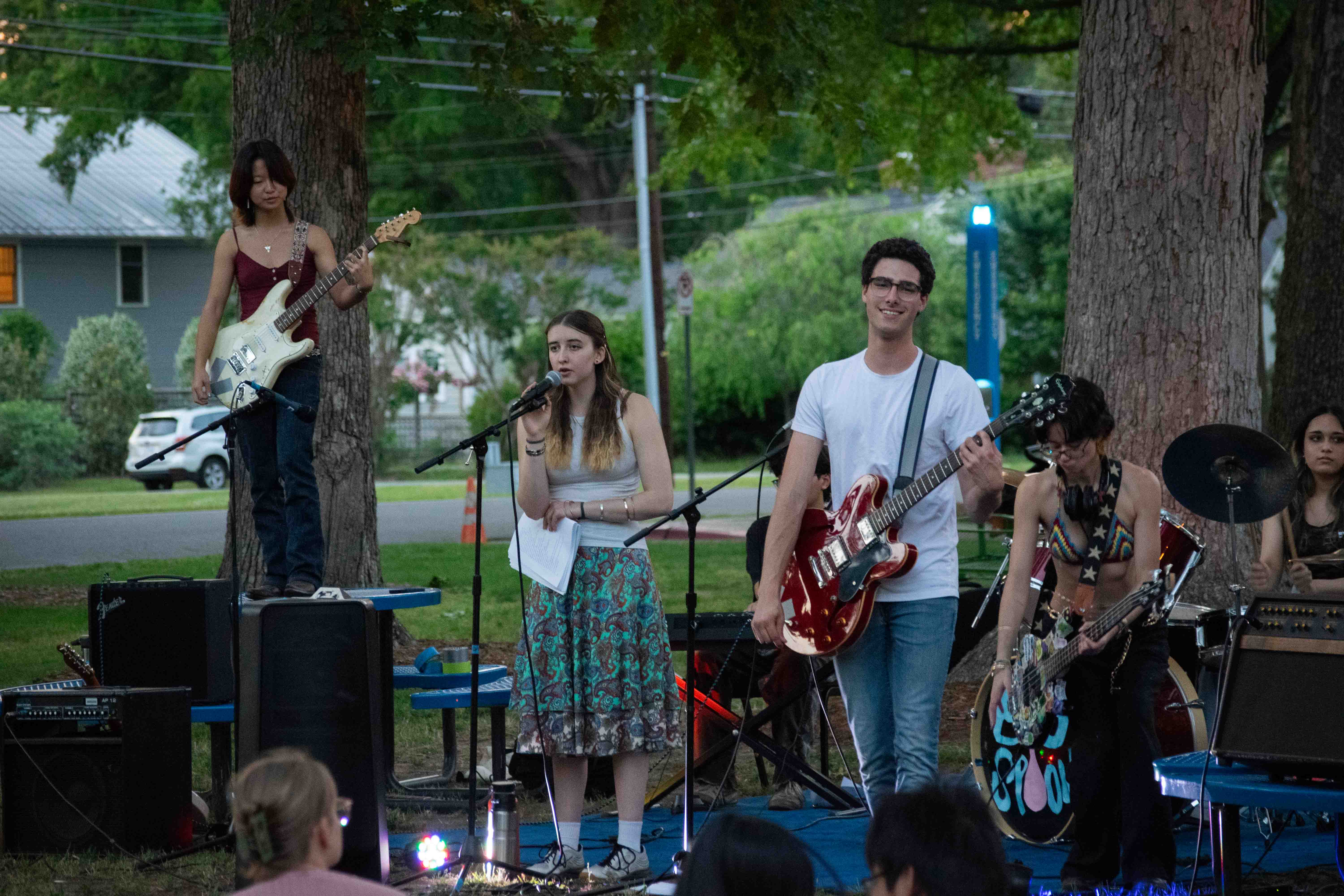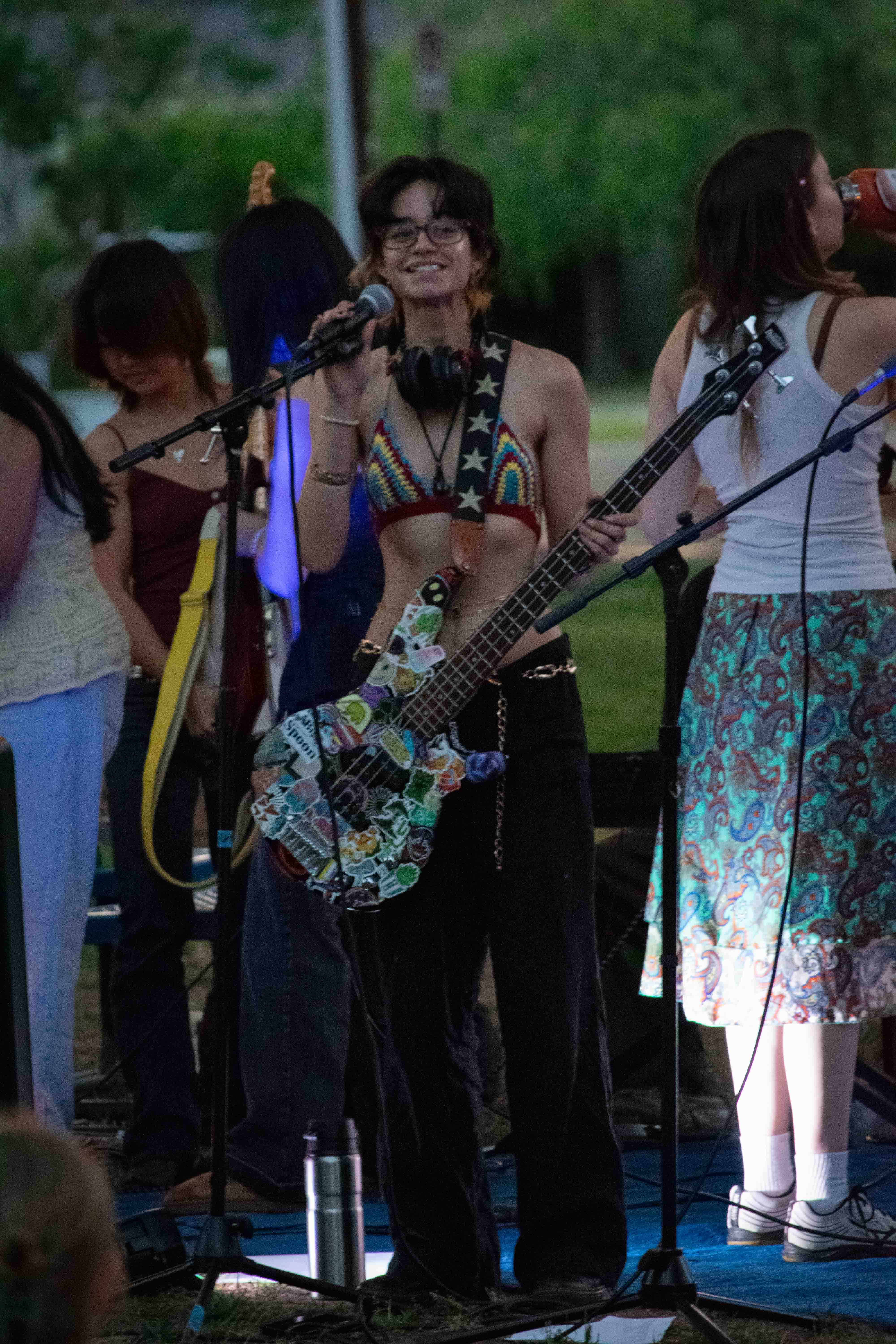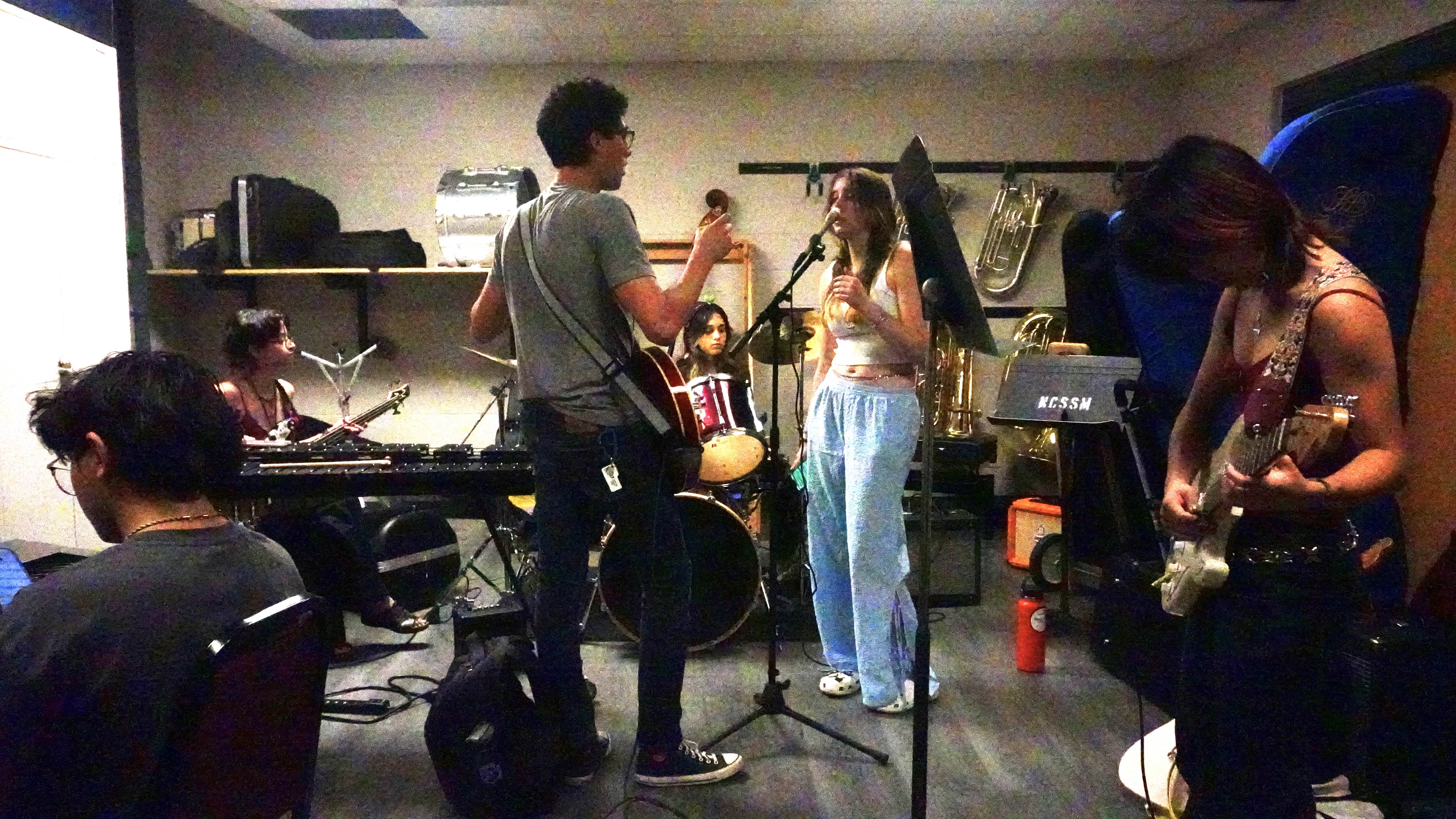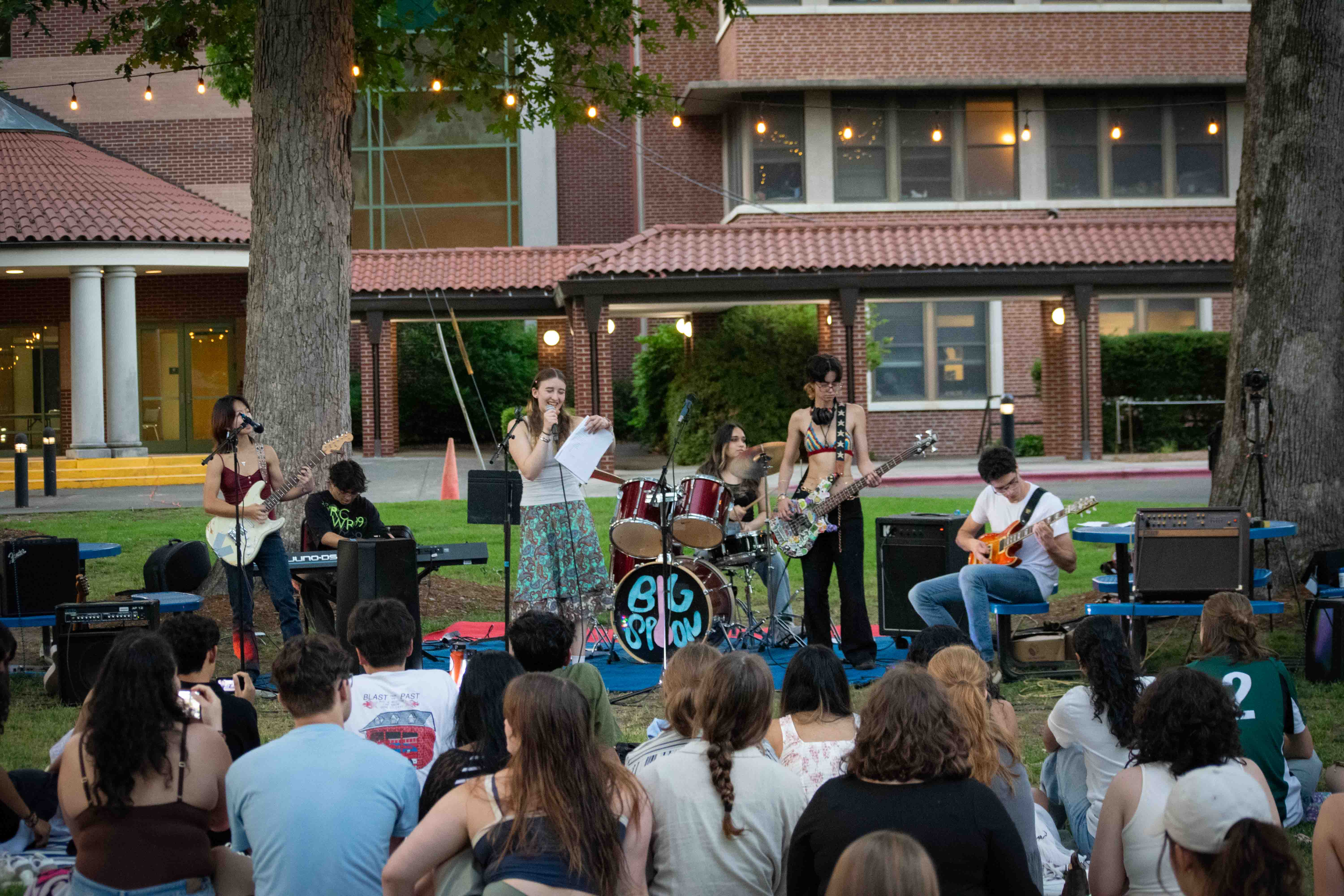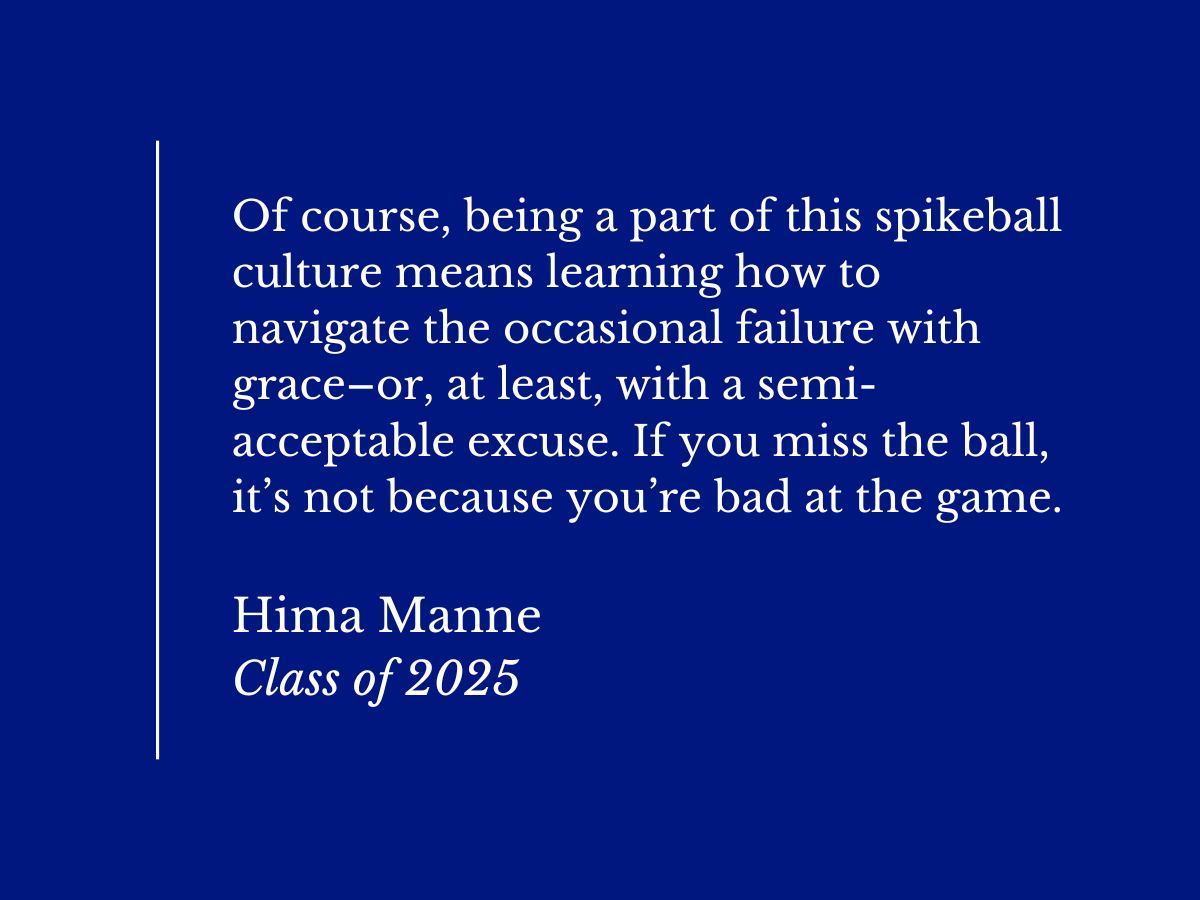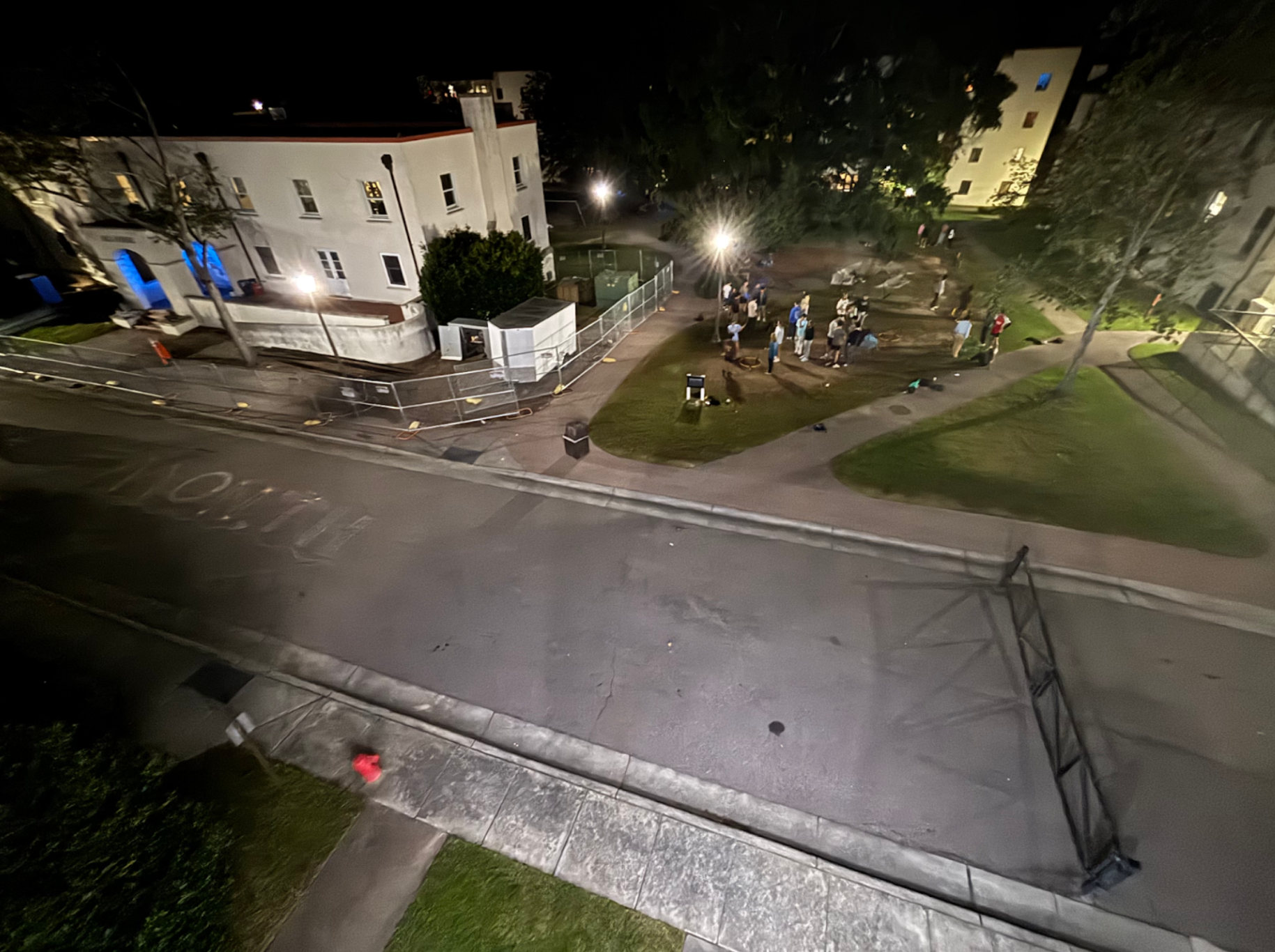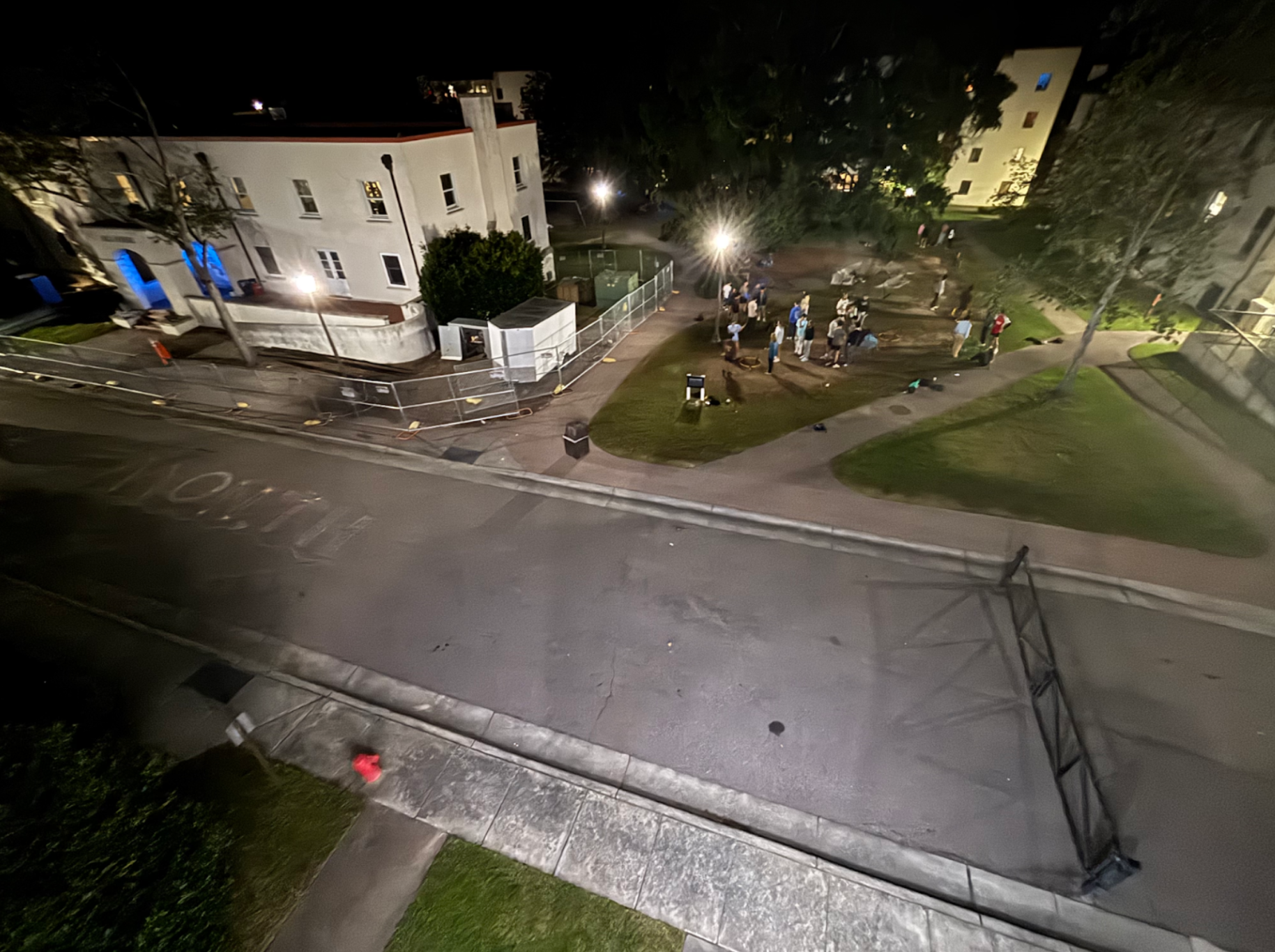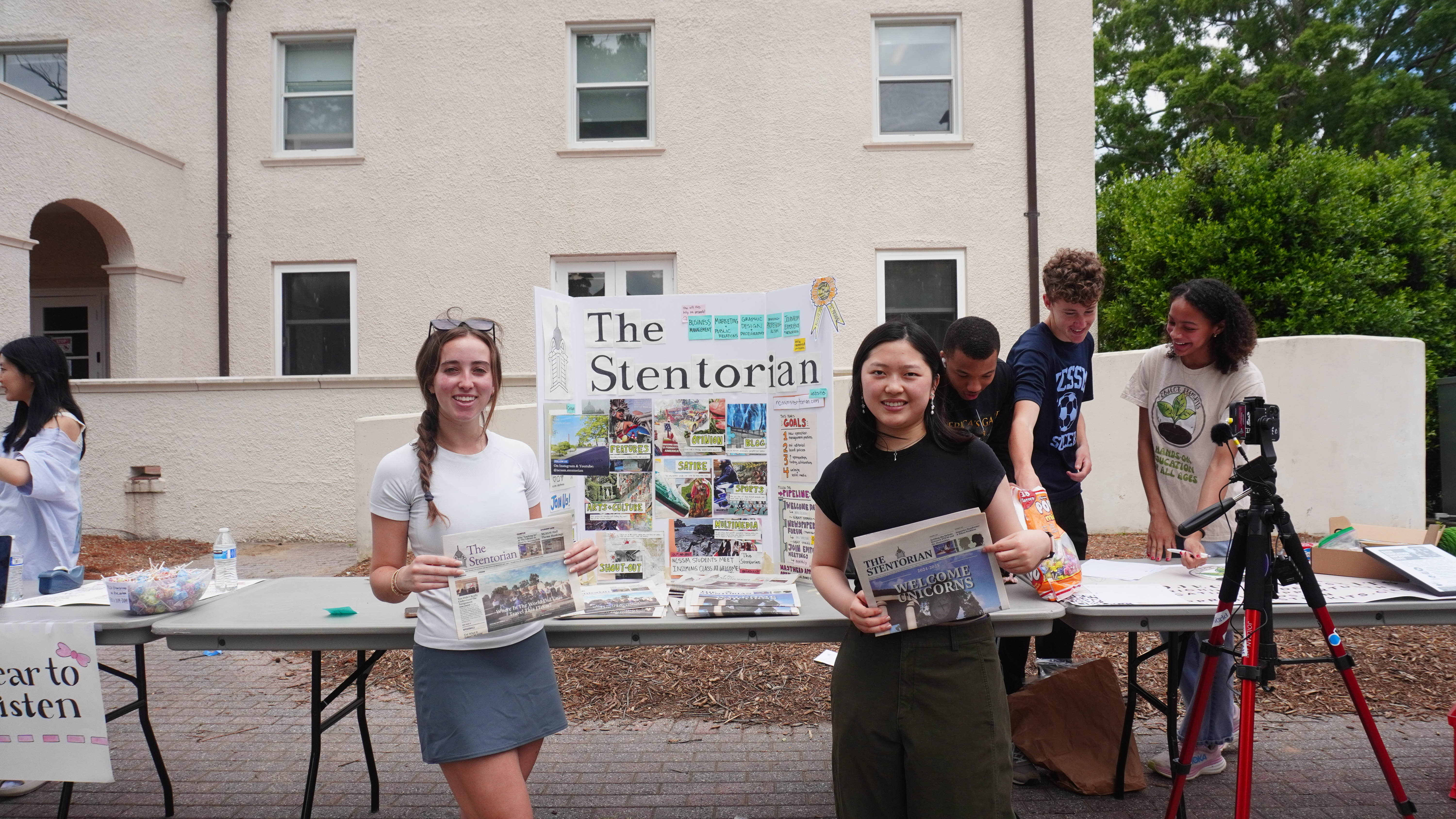
By Teresa Fang, Stentorian Editor-in-Chief
Flexed toes were the requirement for being on the demo team of my old taekwondo dojo, and I get why—kicks look sharper and stronger that way. I appreciate our masters for teaching all of us how. We either look good together or die looking bad. I always joke about the time I cried in class for not wanting to do the weird group exercises across the mats. It’s embarrassing to be the wheelbarrow of the human wheelbarrow, digging my palms into the smelly mats and apologizing for not moving my arms fast enough.
I know that group activities can be embarrassing for all of us in the group. I know that our group can be a big one. In the worst-case scenario, I know we could hide the ones with floppy toes in the back of our formation and still perform in competitions with a sufficiently high score. See, like most high school students, I’m aware of all the little tricks that can make my life a little easier.
Yet, I’m ignorantly unaware that I just made someone else’s life a little harder. I didn’t yet understand the hard work it takes to turn embarrassment into accomplishment—that group work could be transformative if we respected each other’s strengths and tried. I was so focused on avoiding shame, so sure someone else would do the work, that I neglected to care. I left my team with a half-baked product and a sorry-I-felt-like-playing-video-games excuse. My comfort was bought with someone else’s burnout.
These two years haven’t been easy. All 600 or so of us gave up more than we could list to come here. For me, it was my love for journalism—leaving behind Chapel Hill’s established networks and local independence to Uber back and forth from school, stressing about “super-important” meetings and the clubs I had to lead.
We all gave something up to be here. So why do we sometimes act like we’ve given up for nothing? Why should we treat our new commitments as resume fodder instead of meaningful work? What about the people we leave hanging when we disappear? What is it about this school that makes us betray each other?
Why is it that when you give up something to come here, you then give up the opportunities that this school gives you?
The manner by which NCSSM students express their commitment to things overlooks their reliability: getting a leadership position (or a college acceptance, recently) versus putting in the work after you get that commitment are vastly different in scope and impact. I’m not proud of it, but I caught myself judging students in the same manner as those on the political right: as superficial snowflakes.
Committing to the fullest is simply a part of my life—I, too, wanted to bake bread every day at home during the quarantine months, but I witnessed my community grieve the murders of Asian women at Atlanta spas and the elderly getting slashed and knocked over across the country. For me, it was my responsibility as a human being to give speeches at vigils, protests, and report the best I could for my people, even though the most complicated word I knew back then was “polarization.” My boss never told me what to cover; it had always been me behind the wheel. Being a human being was how I became a journalist.
When we agree on something with others, it’s all the more important that we bear this commitment in mind. Many people do not have the privileges afforded to the average NCSSM student.
We are privileged to experience a safe school environment in such diversity. This is good. But the larger student experience does not stop. It begins.
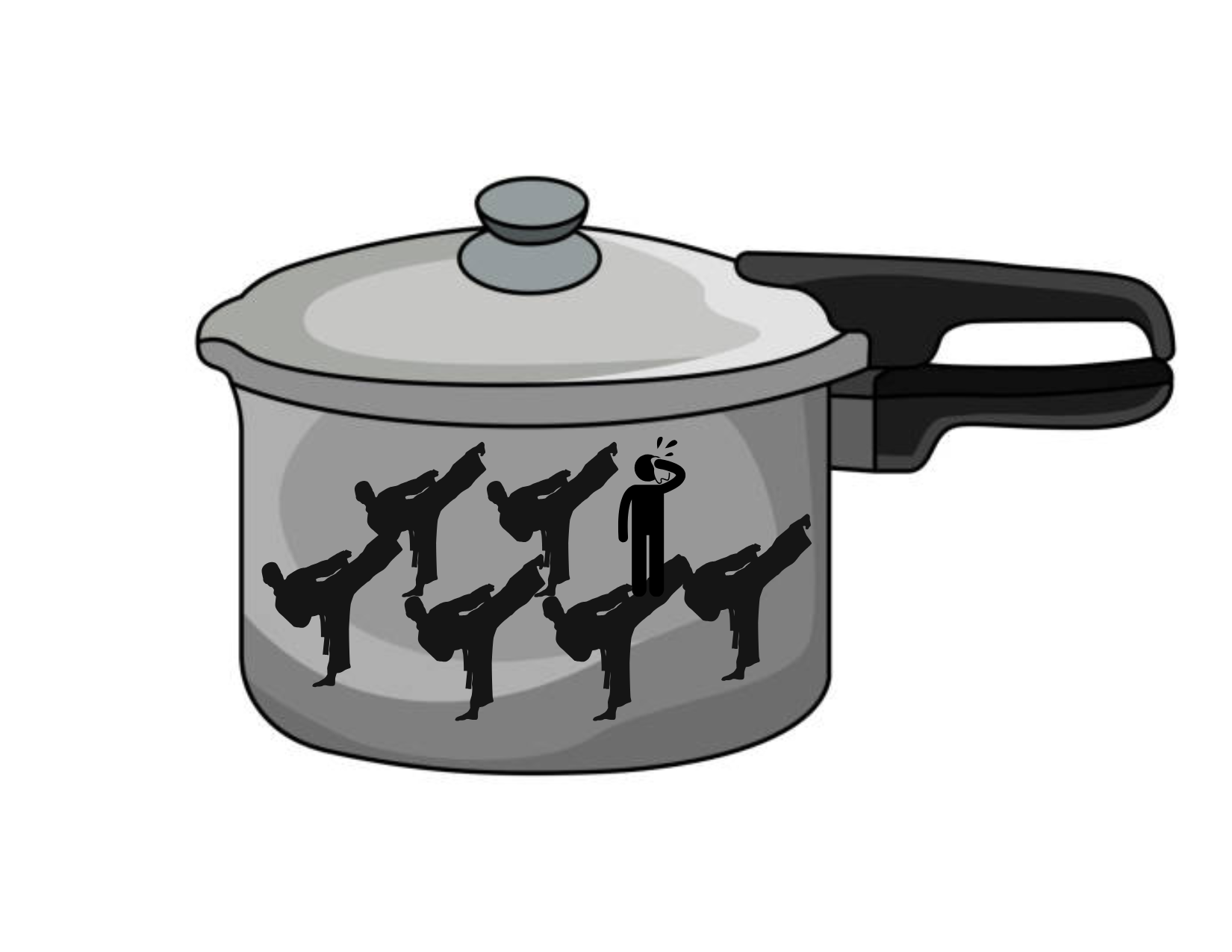
There is so much diversity, and different types of it, at NCSSM. There is so much going on that we do not have time to process anything, and that places us in a hard spot because NCSSM students want to try everything.
The school makes it a law for teachers to make assignments due strictly at 10 p.m., in the name of allowing us to sleep. But how could we possibly? Students chose to give up their previous at-home lives to come to this place and garner an education where they want to spend time producing something high-quality. But there are expectations with such high bars that some people can reach them while others can’t, creating an achievement gap of shaming and spite between students and teachers.
Like in any nation, there are both responsible and strange people. We are no strangers to people “disappearing,” being unresponsive or uncooperative in the middle of important projects, which then becomes a “teaching lesson” for us young people to overcome and adapt. But this is incredibly difficult to overcome in a pressure cooker environment. We cannot be curious to explore our niches without worrying about falling behind in other stuff.
These are the conditions that have shaped my writing. They have shaped me to choose what to write, even when I don’t know if anyone will read it; to recognize privilege; to have the courage to say this system isn’t working the way it should. On my J-Term trip to Arizona, I stood over the Grand Canyon and breathed. For the first time in months, I wasn’t overbooked. I was just burnt out—and suddenly, that felt okay. I had chosen these commitments. My hands were full and dirty, but the work wasn’t just functional. It was joyful. The Canyon’s layers reminded me of my own: research, newspaper, humanities journal, hours in the studio. The strife had deepened my appreciation for what it means to create something honest.
The conditions of strife have created my appreciation for a sincere humanity. I see it in and am thankful to my teachers who gave me unconditional support, small chats, deep discussions, and great restaurant recommendations. My peers who live on my polar opposite but make time and effort to connect. If not for them, I would have actually become devoid of all happiness and hope, and become one of those people who complain about the impossible when they’ve never seen the other side of the earth. I would never have had the courage to write this, nor the skillset to write with an open mind.
I’m glad we’re snowflakes. I wish everyone had the chance to be one. Because if that were true, maybe we would all learn to live a little. It matters that we persist through these troubles so that eventually all our crash-outs today will just be like minor inconveniences in the future. We keep making life harder for everyone so then more people can know the privilege of real dialogue.
And my final confession: yes, I was a reluctant editor-in-chief. But I am always proud to sign Teresa Fang on my works—not because it’s perfect, but because it’s honest.
Here ends my case study on my NCSSM experience. Q.E.D.
